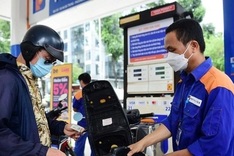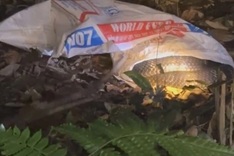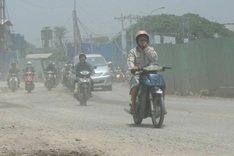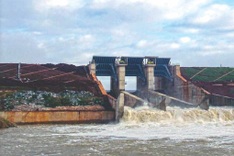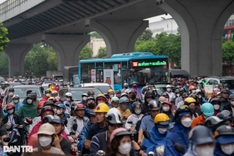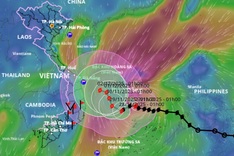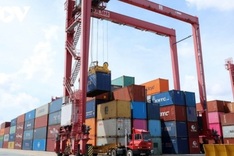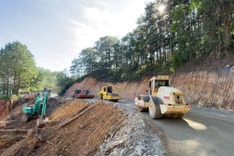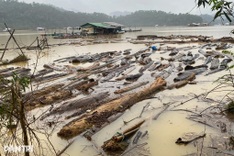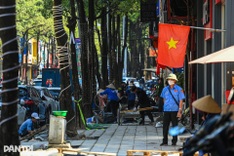At a press briefing on October 30, Pham Thi Na, Deputy Director of the city’s Department of Agriculture and Environment, said the city has designated November as the peak month for tackling illegal, unreported, and unregulated (IUU) fishing. Authorities will issue an action plan to demonstrate Vietnam’s commitment to lifting the European Commission’s yellow card warning.
Na said the city will strictly review and manage its fishing fleet. Officials will update all active boats on the national VNfishbase database and remove damaged or inactive vessels from the registry.
She explained that the system allows central authorities and EC inspectors to monitor fishing activities in real time, even without on-site inspections.
The city will tighten supervision at ports and at sea. All nine fishing ports in HCM City now use the electronic ECDT system to certify the origin of seafood before processing and export. Authorities monitor all boats 15 metres or longer at 100 per cent when they enter or leave port.
At sea, two 24-hour coastal stations operated by the Border Guard and Fisheries Sub-department track vessel signals, issue alerts when connections are lost, and immediately contact boat owners. These efforts have cut detentions of HCM City fishing vessels from 23 in 2020 to just one in 2024, with no violations since August.
Authorities have also strengthened traceability measures. Border stations and fishing ports now use computers and tablets to electronically record and certify all catch volumes.
Na said the ECDT system at all nine fishing ports has boosted confidence among the EC and European importers in the transparency of Vietnam’s seafood supply chain.
HCM City has imposed strict penalties for IUU fishing. Officials have resolved nearly all detected cases, with only 11 still under verification. The city has launched nine criminal proceedings related to illegal seafood harvesting.
The fisheries sector employs roughly 300,000 people directly and indirectly, and about 50 processing and export companies remain affected by the EC yellow card. Removing the warning would reopen export opportunities to Europe and highlight Vietnam’s commitment to sustainable development and maritime sovereignty.
The Ministry of Agriculture and Rural Development said the EC plans to conduct its fifth inspection in Vietnam in early 2026. Coastal localities, including HCM City, must maintain full vessel monitoring, strengthen port control, and continue using electronic traceability. Lifting the yellow card is considered crucial for restoring industry credibility, increasing export value, and promoting long-term sustainability.




